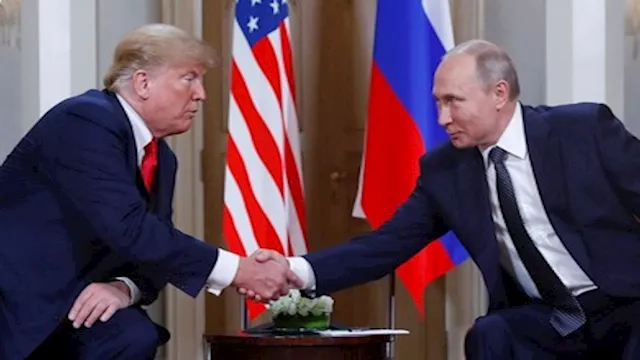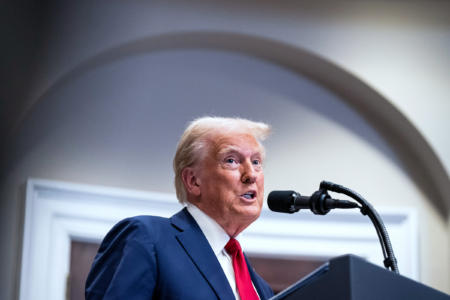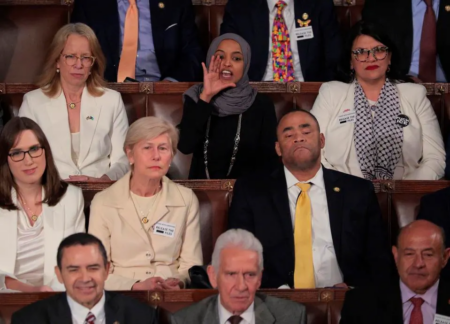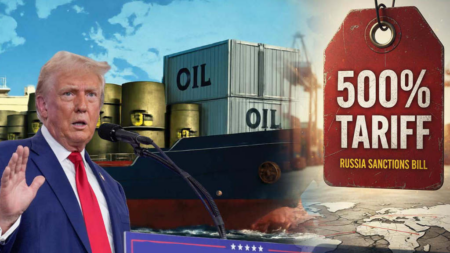The upcoming Trump–Putin Alaska Summit has drawn global attention, with hopes it could end the nearly 30-month war in Ukraine.
But experts warn that the real obstacle isn’t who attends or what concessions Trump might offer — it’s that Vladimir Putin shows no sign of wanting peace.
How can the Negotiations Work in Trump–Putin Alaska Summit
Analysts like Paul Saunders of the National Interest say negotiations can only work if both sides see a settlement as better than the status quo.
For now, Putin believes he can win, banking on Russia’s larger population, economic resources, and a war strategy focused on eroding Kyiv’s and the West’s will to fight.
Sanctions and battlefield losses have not forced his hand, and his increasingly ideological stance since 2012 — from annexing Crimea to military interventions abroad — makes concessions politically costly.
Read also: 50% US Tariffs Threaten India Stock Market Position as China Gains Investor Confidence
Test of Intention
Even a major Trump concession, such as recognizing Russian control over Ukrainian territory, would likely not end the war.
With U.S. politics heading into a volatile election cycle and deep distrust between Moscow and Washington, Trump–Putin Alaska Summit is best seen as a test of intentions, not a realistic path to immediate peace.








